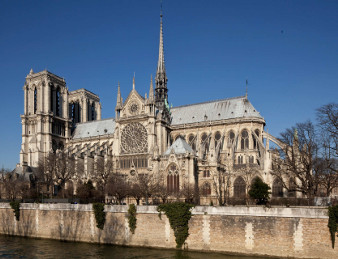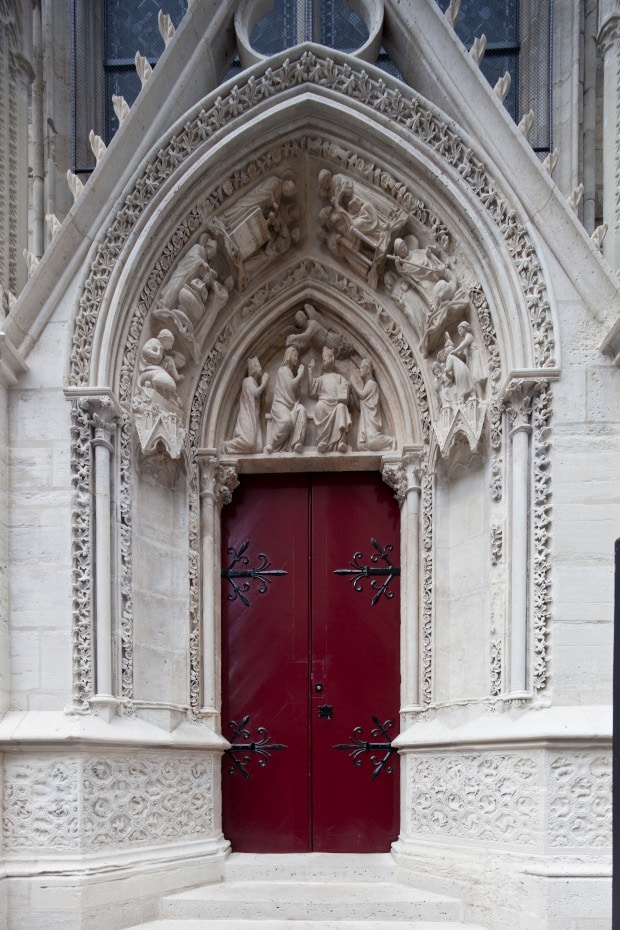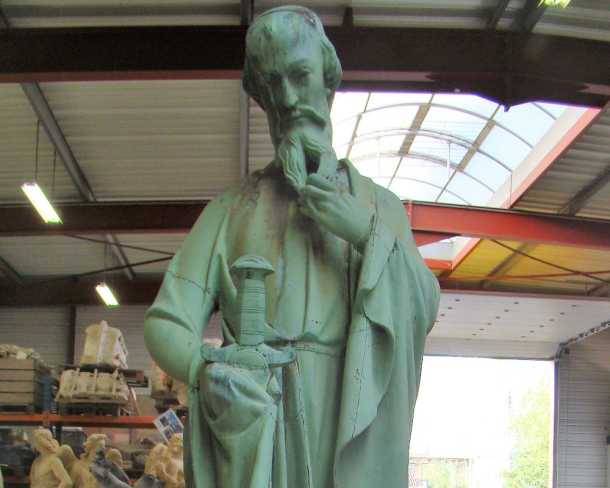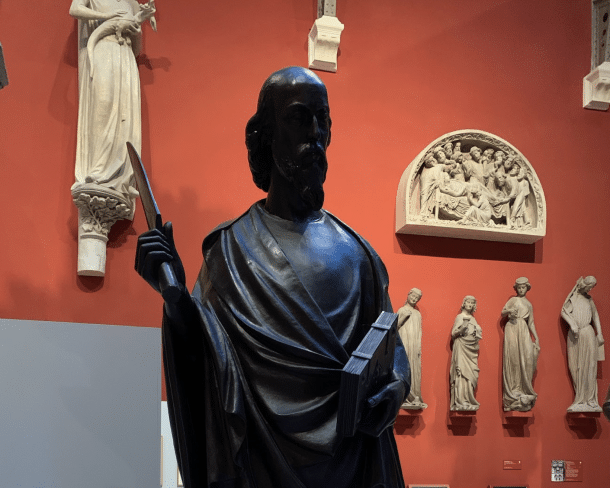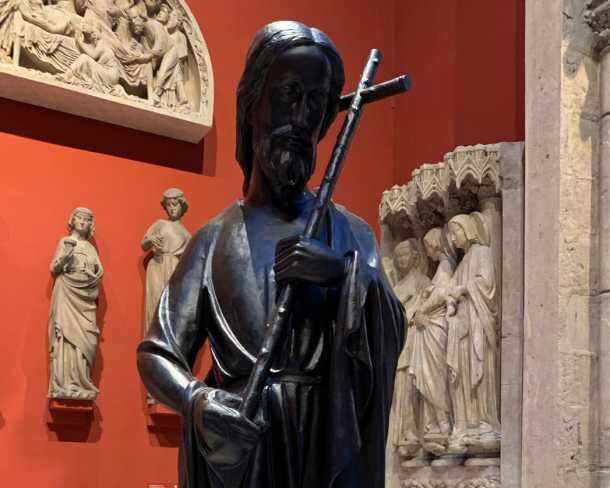A significant portion of Notre-Dame Cathedral’s roof was completely destroyed.
Before the fire, the wooden lattice structure underneath the cathedral's lead roof was known as the “forest”. It was made up of centuries old oak trees that were added to the cathedral between 1220 and 1240. Its impressive dimensions measured more than 300 feet long, 42 feet wide and the transept was over 30 feet tall. Before it collapsed in the 2019 fire, it was one of the oldest frameworks in Paris. To reconstruct the roof, workers will install 26 timber frames (known as "bents" or “trusses”).
This work is expected to take place from 2022 to 2024.
Status of the Roof
In March 2020, 1,000 oak trees were cut from roughly 200 French forests to make the frame for Notre-Dame Cathedral’s roof and spire. These trees were selected through a painstaking process in January and February 2020, as they need to fit the precise requirements defined by the chief architects in charge of Notre-Dame’s restoration.
The oaks selected are roughly 150- to 200 years old, with some standing over 60 feet tall. Felled at the end of March, before their sap rose to prevent humidity in the wood, the wood will be dried for 12 to 18 months to make sure it does not shrink or move once in place.
In response to criticism over the felling of the oaks – some of which stood on plantations ordered by former kings to build ships and ensure the grandeur of the French navy – officials say that the number of trees felled represented a very small percentage of the oaks harvested each year in France, and that these trees would have been felled anyways as part of routine forestry maintenance.
In June 2020, the first four trees cut from the Bercé forest near Le Mans, France, were sent to a sawmill about 60 miles away. Transporting the four trees, with the longest measuring 85 feet long, required two cranes and a special trailer.

